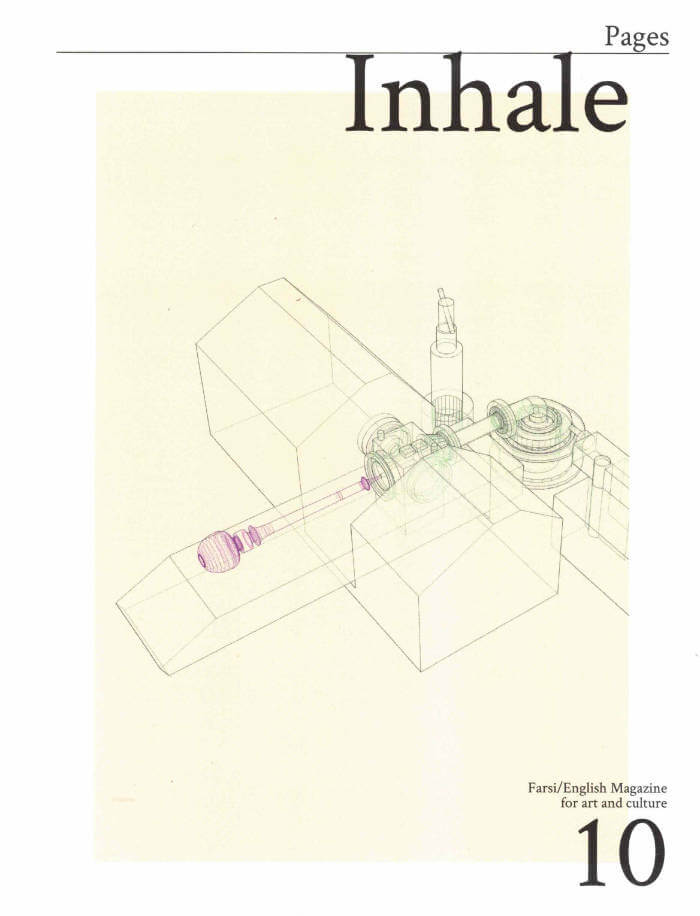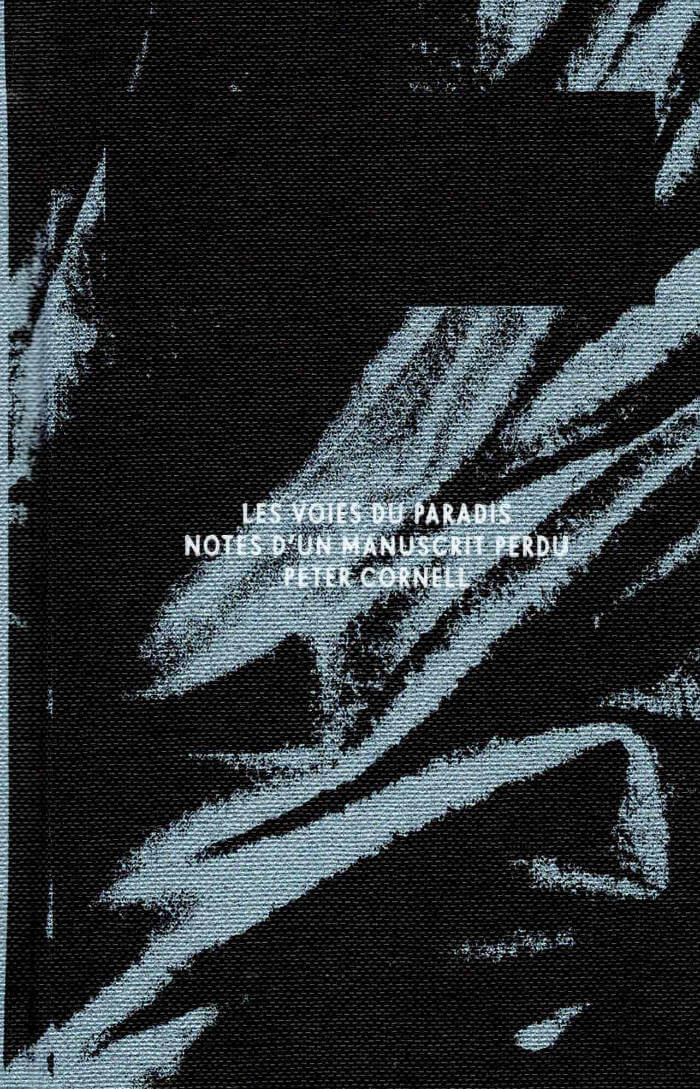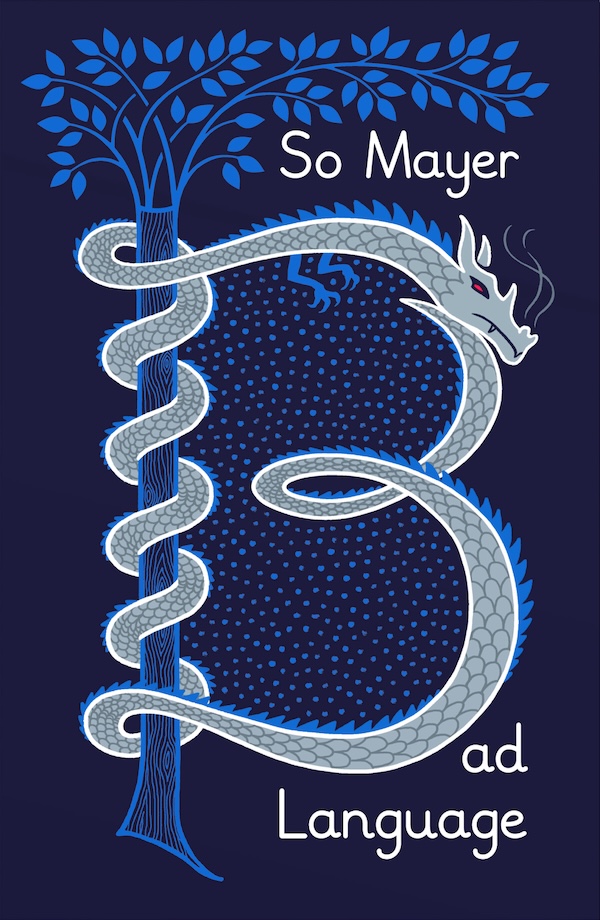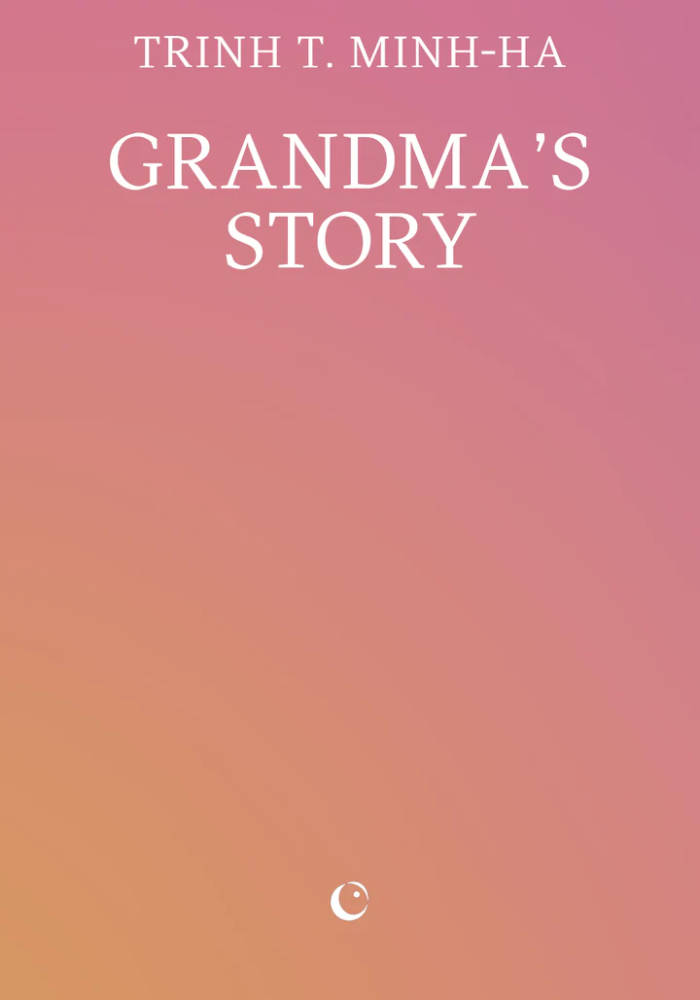
Pages 10 - Inhale
Nasrin Tabatabai ed., Babak Afrassiabi ed.
The theme of this issue of Pages was triggered by the idea of opium smoke as a ‘writing machine.’ Since the early opium trade, there has been writing not only on opium, but also through opium, especially in countries linked to past and present drug networks. In this issue we are tapping into the deeply rooted relationship between writing and drugs, especially beyond the Western literary tradition, and wondering about the current conceptual and material derivatives of intoxication with which we can machinate new extremities in our chemical, historical and technological relations to the world.
With contributions by:
- Jason Bahbak Mohaghegh / Smoke, Drug, Poison: A Philosophy of the Faramoosh-Khaneh (Opium Den)
- Pages / Dissolving, Mixing, Melting, Stirring (the Smoke)
- Hung-Bin Hsu / The Taste of Opium: Science, Monopoly and the Japanese Colonization in Taiwan, 1895—1945
- Saleh Najafi / Hedayat: The Opium of Translation and Creating the Impossible Memory
- Patricia Reed / The Toxicity of Continuity
- Fuko Mineta / A Monster Appears in Qingtian
- Morad Farhadpour / Inside and Outside Addiction
- Mohammad-Ali Rahebi / Of Junk and Time: Trauma, Habit, Capitalism
128 pages ┊ Language: English







